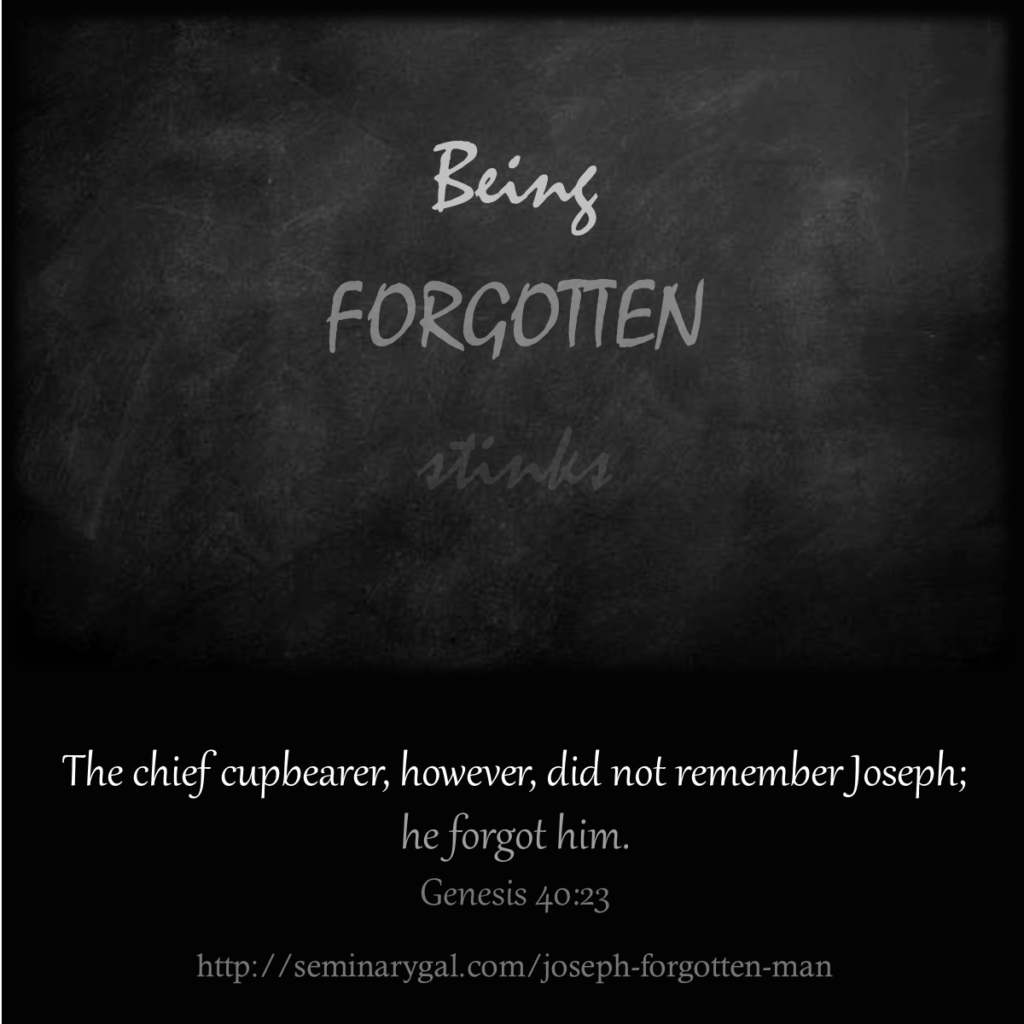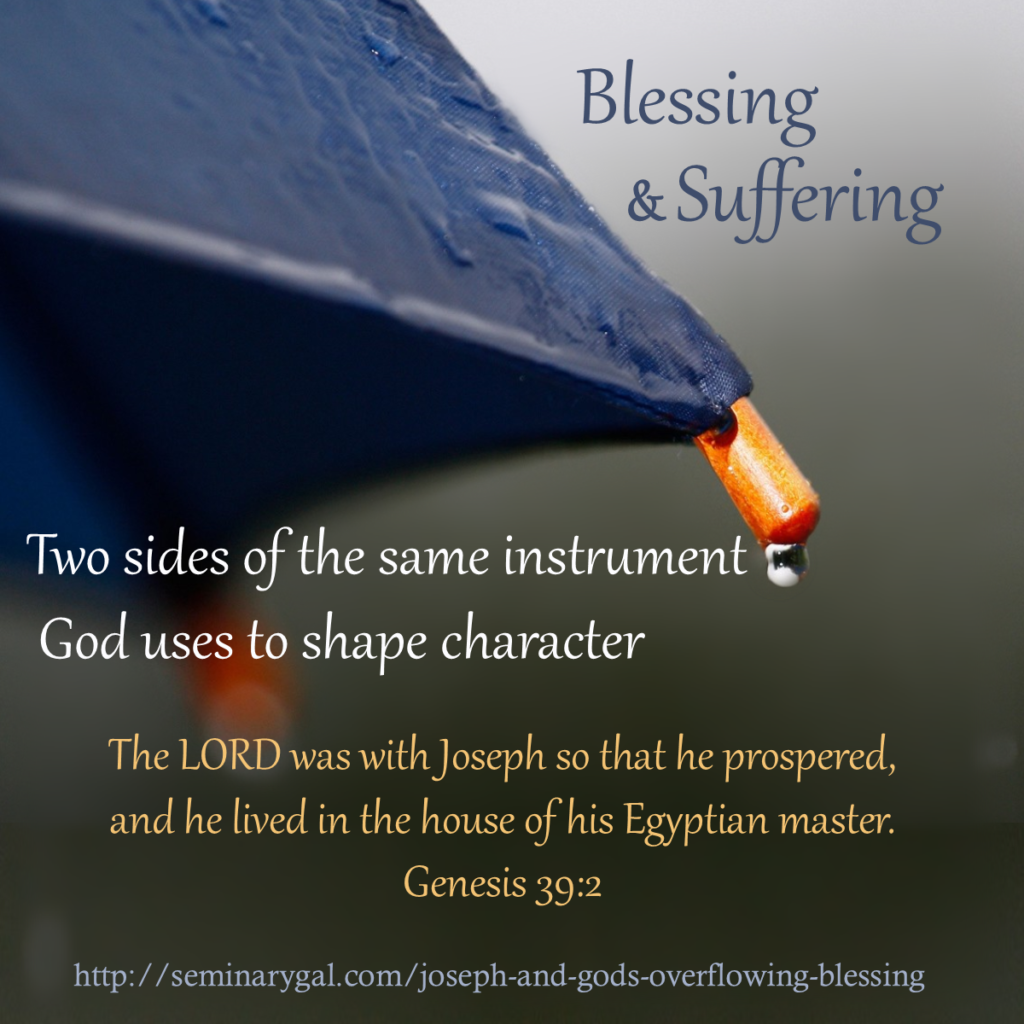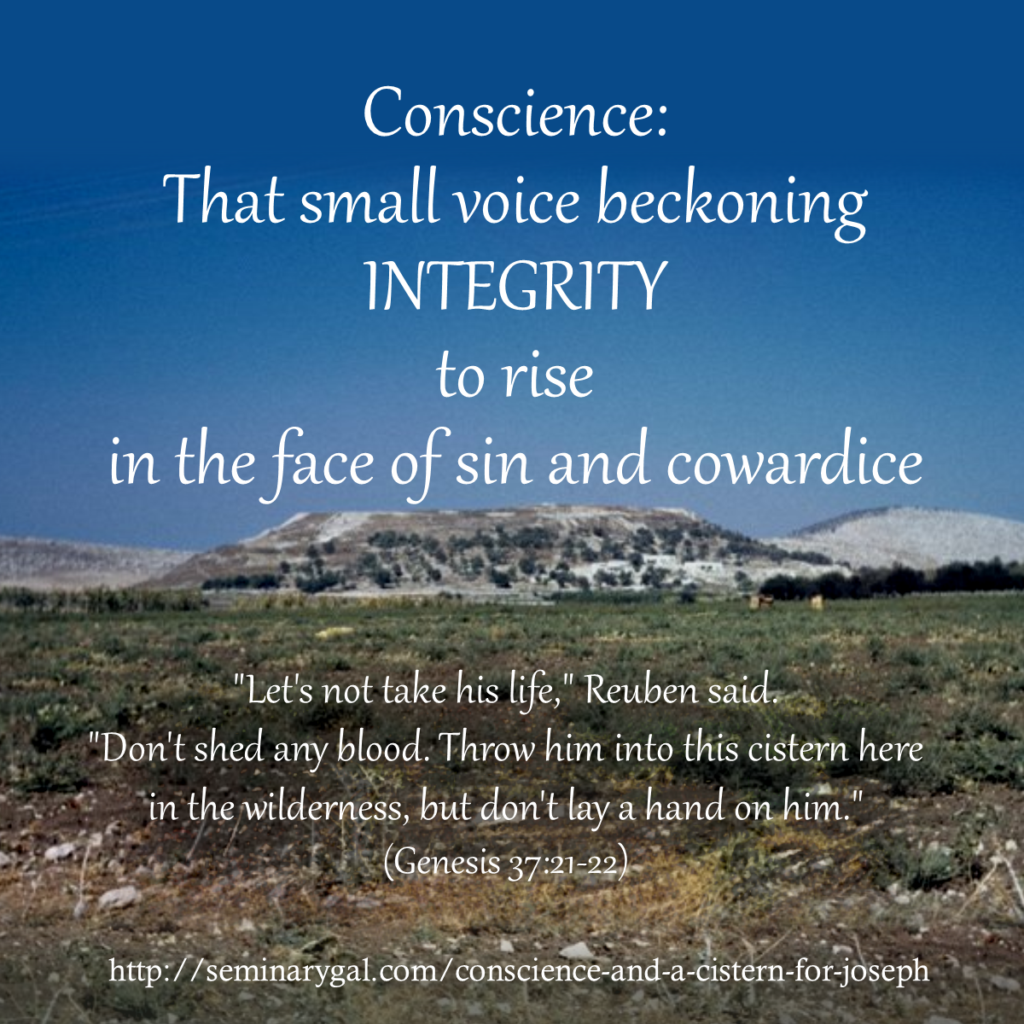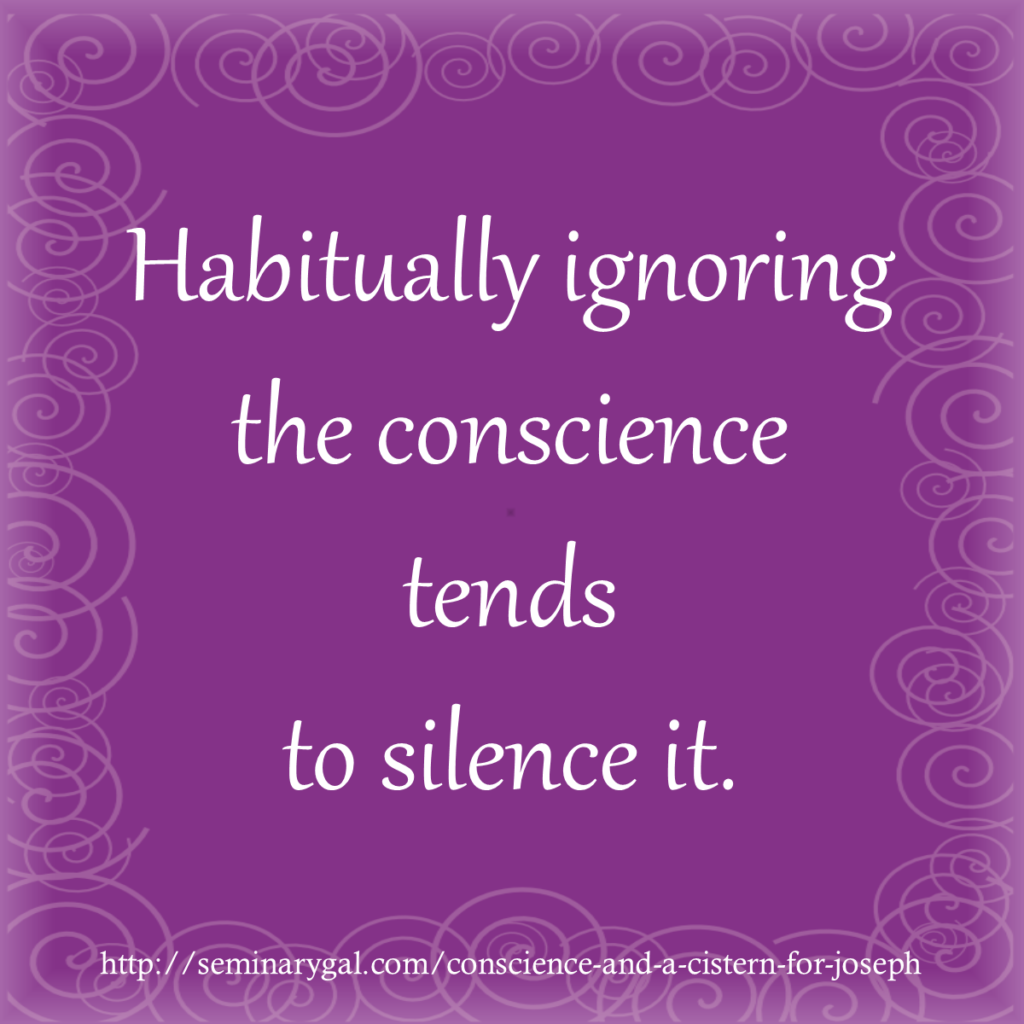Time went by and relationships formed. Mundane, so they seemed. Commonplace is what they appeared to be. After all, what kind of relationships could exist among fellow prisoners? Actually, a shared road of suffering and common experience often form a foundation of deep friendship. The cupbearer and baker may have felt it for Joseph, and he felt it for them.
Genesis 40:4
After they had been in custody for some time, 5 each of the two men–
the cupbearer and the baker of the king of Egypt, who were being held in
prison– had a dream the same night, and each dream had a meaning of its own.
Take careful stock of the words. They, each, the same, and each.
Together but individual.
Genesis 40:6 When Joseph came to them the next
morning, he saw that they were dejected. 7 So he asked Pharaoh’s officials who
were in custody with him in his master’s house, “Why do you look so sad
today?”
Joseph cared about them and wondered why they were sad. Genesis 40:8 “We both had dreams,” they answered, “but there is no one to interpret them.” Then Joseph said to them, “Do not interpretations belong to God? Tell me your dreams.”
The cupbearer went first. Genesis 40: 9 So the chief cupbearer told
Joseph his dream. He said to him, “In my dream I saw a vine in front of
me, 10 and on the vine were three branches. As soon as it budded, it blossomed,
and its clusters ripened into grapes. 11 Pharaoh’s cup was in my hand, and I
took the grapes, squeezed them into Pharaoh’s cup and put the cup in his
hand.”
Joseph experienced God’s favor yet again with interpretation for the cupbearer. Genesis 40:12 “This is what it means,” Joseph said to him. “The three branches are three days. 13 Within three days Pharaoh will lift up your head and restore you to your position, and you will put Pharaoh’s cup in his hand, just as you used to do when you were his cupbearer.”
As added assurance, Joseph has a request.
Genesis 40: 14 “But when all goes well with you, remember me and show me kindness; mention me to Pharaoh and get me out of this prison. 15 I was forcibly carried off from the land of the Hebrews, and even here I have done nothing to deserve being put in a dungeon.”
Joseph hadn’t forgotten what happened to him…the wrongs perpetrated against him.
Their memory was with him in prison.
The chief baker probably sighed in deep relief that there was a happy ending to the cupbearer’s story and felt assured to tell his own dream. Genesis 40:16 When the chief baker saw that Joseph had given a favorable interpretation, he said to Joseph, “I too had a dream: On my head were three baskets of bread. 17 In the top basket were all kinds of baked goods for Pharaoh, but the birds were eating them out of the basket on my head.”
Again, Joseph experienced the favor of the Lord
with interpretation. Genesis 40: 18
“This is what it means,” Joseph said. “The three baskets are
three days. 19 Within three days Pharaoh will lift off your head and impale
your body on a pole. And the birds will eat away your flesh.”
This was not the interpretation the baker
wanted. The clock was ticking and there
would be three days of anguish as he waited to see if Joseph was just making stuff
up. He probably hoped that Joseph was
wrong. The cupbearer, too, was probably
on the edge of nervousness because Pharaoh’s birthday was coming up. What if Joseph wasn’t right and he was going
to be killed too… or instead of the baker?
Genesis 40: 20 Now the third day was Pharaoh’s
birthday, and he gave a feast for all his officials. He lifted up the heads of
the chief cupbearer and the chief baker in the presence of his officials: 21 He restored the chief cupbearer to his
position, so that he once again put the cup into Pharaoh’s hand– 22 but he
impaled the chief baker, just as Joseph had said to them in his interpretation.
Think about it:
- Two yearnings compete within every human heart: a happy ending and justice prevailing. How did both the baker and the cupbearer hope for a happy ending? Would they have felt justice prevailed?
- Each man had a dream, same night, different interpretation, different proven outcome. How did both together serve to emphasize Joseph’s ability to interpret dreams?
- How is this different from telling people what they want to hear?
- Should we feel it was unfair to the baker in the story? In modern culture, when we clamor for justice are we really protesting reality of a broken world and demanding a happy ending? How did inequality of outcome propel the storyline of Joseph?
- Why was the cupbearer alone preserved (hint: what function did he have)?
- How does the ending as both life and death cause us to yearn for something more than this earthly existence? A happy ending and justice prevailing. On this side of heaven only the Cross of Christ guarantees both.










